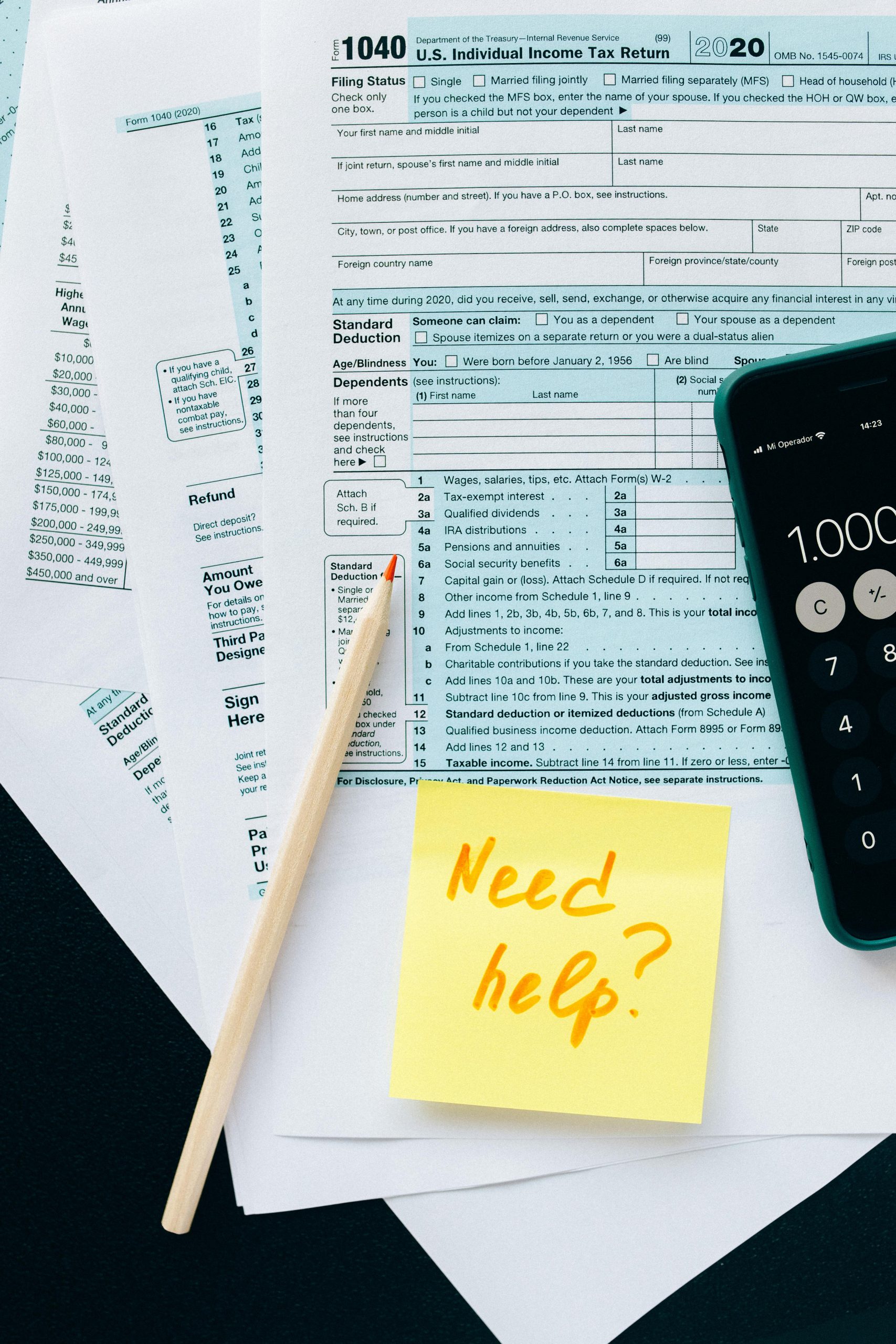Effective Strategies for Excelling in Intermediate Accounting: A Guide to Improving Your Midterm Performance
Introduction
Navigating the challenges of intermediate accounting courses can be daunting, especially when midterm results fall short of expectations despite substantial effort. Many students encounter similar frustrations, questioning how to better prepare for subsequent assessments and deepen their understanding. In this article, we’ll explore practical strategies to enhance your study approach and boost your confidence for future exams.
Understanding Your Current Situation
Scoring a 68 on your first midterm, with the class average at 72, can feel discouraging. While your instructor mentions potential curving if the average drops below 75, relying on a curve might not be the most effective strategy. Instead, focusing on developing a robust understanding and adaptable problem-solving skills will serve you best in mastering the course material.
Effective Study Techniques for Intermediate Accounting
- Active Recall and Concept Reinforcement
You’ve already incorporated active recall into your study routine—reviewing notes and tackling practice problems. Continue to deepen this approach by regularly testing yourself without looking at notes, focusing on recalling key concepts and procedures. Spaced repetition over the semester can help solidify your understanding.
- Analyzing Practice Tests Thoroughly
Using practice tests to gauge your understanding is excellent. After completing each test, spend time reviewing every question, especially those you answered incorrectly or found challenging. Identify patterns or recurring themes in the problems you miss. This targeted review can highlight areas needing further study.
- Leveraging Additional Resources
While ChatGPT can generate challenging questions and simulate problem scenarios, supplement this with other resources:
- Textbook end-of-chapter problems and solution manuals
- Online tutorials and video lectures focusing on difficult topics
-
Study groups or peer discussion to gain multiple perspectives
-
Developing Problem Recognition Skills
To anticipate how problems may be presented, focus on understanding the underlying principles and common question formats. Practice rewriting problems in your own words, and try to predict questions based on lecture topics. This can improve your ability to adapt to unfamiliar problem statements.
- Building Transferable Skills
Beyond memorizing procedures, emphasize understanding the logic behind accounting treatments. This conceptual foundation allows you to adapt to variations in problem phrasing and specific details, reducing the likelihood of being tripped up by unfamiliar problems.
Practical Tips for Future Preparation
- Analyze your midterm: Review your exam to understand which concepts or problem types caused difficulties. Use this as a guide for targeted studying.
- Time management: Practice
